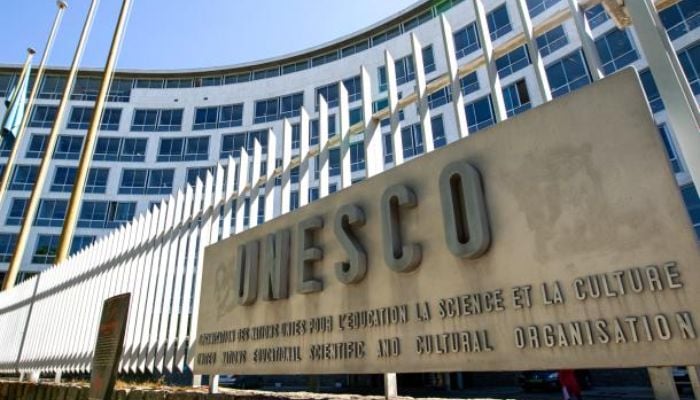
In collaboration with Data Vault, UNESCO organised a multi-stakeholder dialogue titled “AI for Humanity: Ethical and Inclusive AI in Pakistan” that included several representatives from the private sector, the academic community, technology institutions and civil society.
The dialogue was part of UNESCO’s continuing technical engagements to assist the six strategic pillars of Pakistan’s National AI policy. A major focus was the importance of inclusive governance frameworks that build accountability and responsible AI deployment in accordance with ethical and human rights frameworks.
In his remarks, UNESCO's Country Representative in Pakistan Fuad Pashayev added the significance of the proposed AI Council as an organisation for the regulation of AI for development.
“Such a council could provide a coordinated and inclusive governance structure while safeguarding ethical principles and protecting human rights within Pakistan’s AI ecosystem,” he said.
From a policy point of view, the Policy and Governance Expert Dr Aneel Salman pleaded for action to be taken to implement ethics into Pakistan's AI strategies. Salman underlined that the demographic dividend that the country has can only be realised through a skill-based economy where citizens have digital skills.
“AI will not transform Pakistan until Pakistanis are ready to shape it. We are sitting on a demographic goldmine, but without AI skills, it’s only untapped potential. The real challenge is turning over 224 million people into millions of digital assets,” he remarked.
















